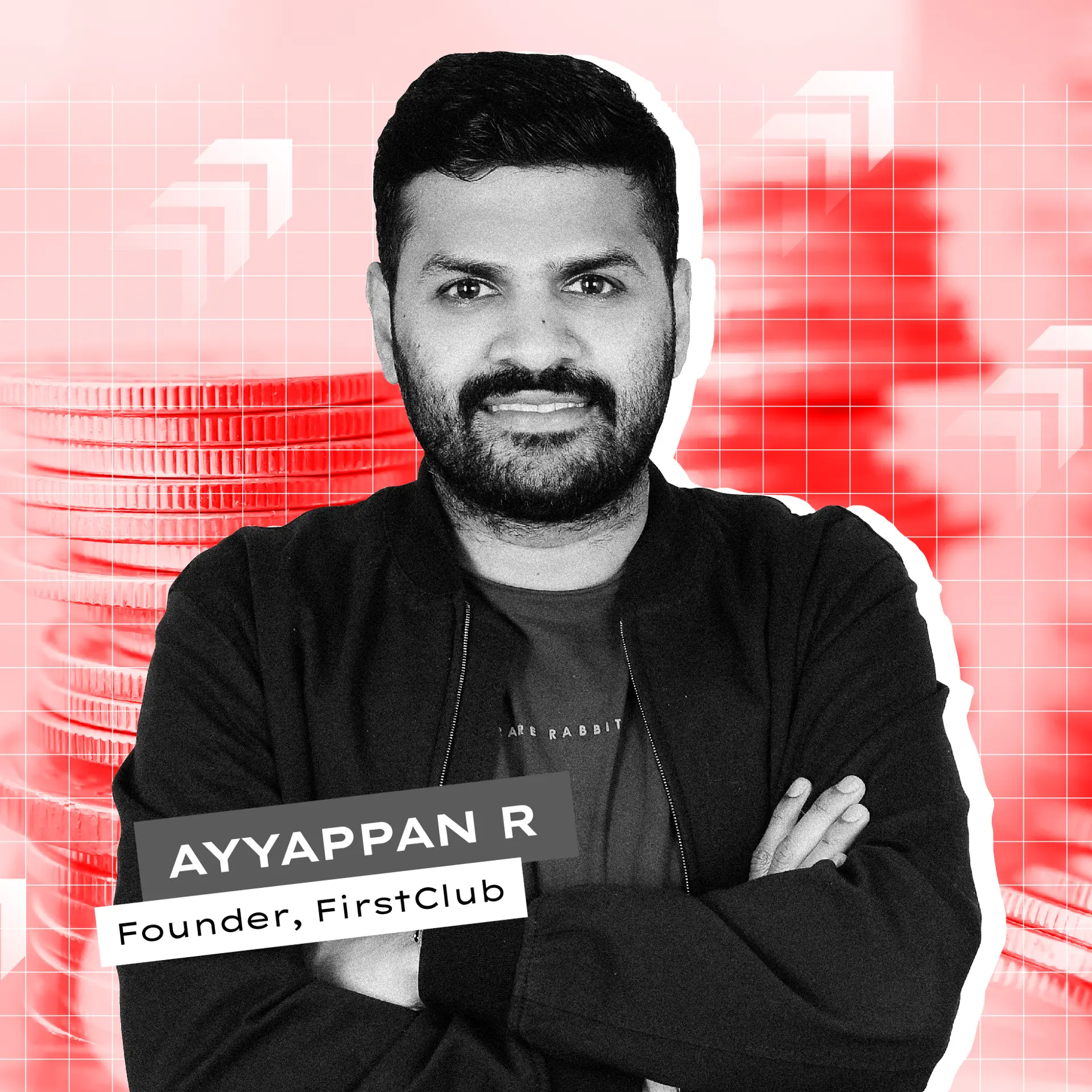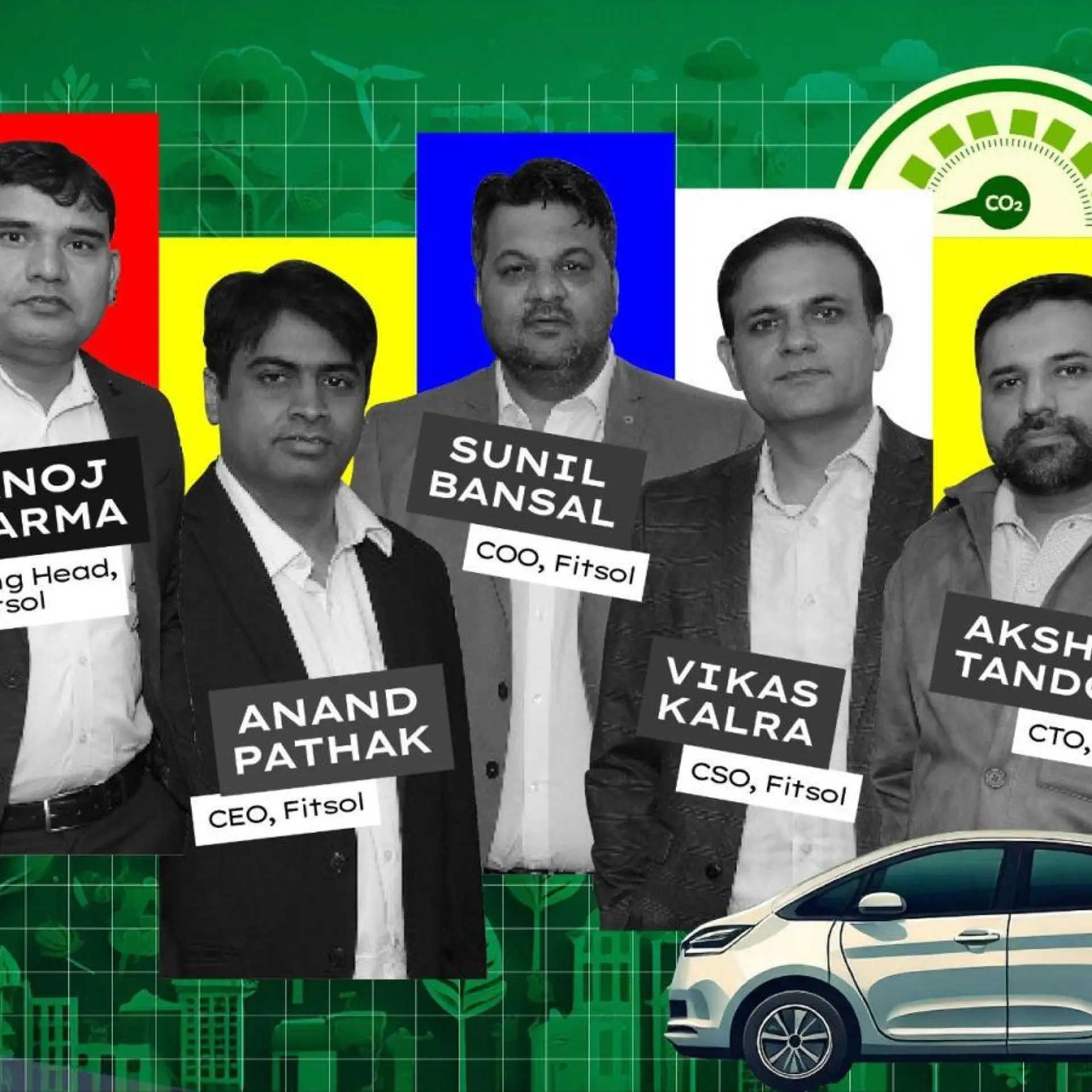Sourabh Kaushal - The space explorer
Monday October 28, 2013 , 4 min Read
Astronaut! That’s something even I wanted to be when I grew up. For some reason, there is always some mystery around space, moon, rockets, satellites, and all the fiction stories we have heard about it. I always had that thirst to learn more and more about space and everything about it, but as I grew up, the focus slowly shifted towards more practical career options. I’m sure even for those students who wanted to take up course related to aerospace technologies, the opportunities are not very many in our country.
But this didn’t stop Sourabh Kaushal, a student of first-year engineering in 2008, who started pursuing his passion and went on to be the runner-up of Jerome Pearson Award 2010 by ISEC, at the International space elevator consortium, US at the age of 18.
He also boasts of receiving the prestigious Dr Kalpana Chawla Young Scientist Award in 2012. And all this was just the beginning for Sourabh's achievements. Sourabh shares his experience with us.

So how did it all start?
I remember, when I was in class 12, I was very much passionate about space science. Moreover, I was very interested in human life in space and was always thinking about the question like is there any pollution in space, is there any transportation system in space and really wanted to become the space/aerospace engineer. Yet, unfortunately, I was not able to crack the most prestigious examination of India, i.e., IIT exam. So, I was forced to take up EC at Kurukshetra University, as the fees for private university aerospace engineering were very high.
During my second semester, while browsing about space technologies, I came to know that space debris is the hottest topic and a major concern in the field of space technology nowadays. That’s when I started researching more on this.
What were the outcomes?
After two months of reading and exploration, we found that there are quite a few methods of space debris mitigation proposed around the world. We also found that space debris/space junk or waste material in space has become a growing concern in recent years, since collisions at orbital velocities can be highly damaging to functioning satellites and can also result into more space debris.
So, I proposed first technique to mitigate space debris, i.e., use of nanotube mesh technique using laser and nanobot in 2008-09. That was my first research paper which I submitted to International space elevator consortium, US, and my very first research paper stood runner-up for Jerome Pearson Award 2010 by ISEC. That was just the beginning of my journey.
After this, we again proposed some new techniques on how we can use space debris for some useful purpose. We had also started our research work on space elevator system, i.e., the transportation system from earth into deep space and our paper got selected at EuroSpaceward Conference, Luxembourg, Europe.
What are your other achievements?
After that, in 2012, we received prestigious Dr Kalpana Chawla Young Scientist Award and that was given by Dr Kalpana Chawla’s father for our research work on new techniques to mitigate space debris. In our other techniques we proposed recycling of space debris and energy production from space junk.
In 2012, I was selected as the INK Fellow in association with TED, and only 22 fellows selected from all over the globe for this fellowship.
What are your plans for future?
I am also working on a new project, i.e., De-Orbiting Kit Technology to mitigate/ de-activate satellite or debris from space. I would like to pursue masters in aerospace engineering from abroad to continue my research, and would like to start my private research firm in India.
What are your views about opportunities in India?
We are living in the 21st century the century of technologies but still we are dependent upon the technologies of other nations. The youngster of our nation still faces many problems like mentorship problem, proper guidance problem, financial problem, no proper labs in our country. So people are now moving to other nations for their research work or higher education and they support and help us in our research work.
To overcome these problems, there should be proper labs in India, research-oriented institutes should be in India and if anybody wants to continue his/ her research activities we should give them a chance for their passion, without asking their marks.
Sourabh can be reached at [email protected] or you can check out more about him at www.sourabhkaushal.in






